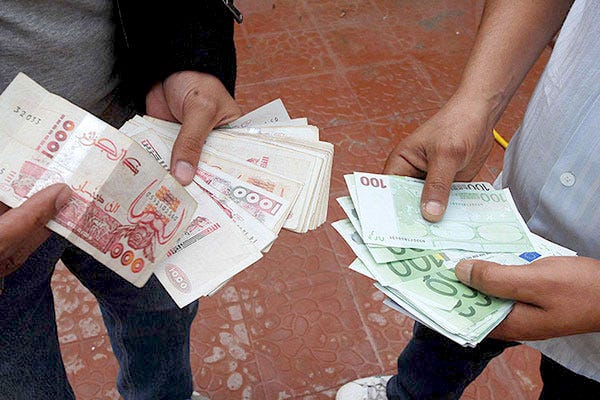Algeria Relaxes Currency Restrictions Amid Liberalisation Push
The controlled nature of the policy shift demonstrates sustained caution.
On 20 July, Algeria implemented a new policy that eases its historically stringent currency restrictions, allowing 750 euros for adults and 300 euros for minors when exchanging at Bank of Algeria branches for foreign travel. This development occurs amidst a significant liberalisation push by Algiers, initiated with the opening to foreign direct investment (FDI) and the establishment of multibillion-dollar partnerships with Italy. This shift represents a strategic pivot for a nation traditionally cautious with its economic policies, aligning with broader regional and global trends.
Currency Control & Liberalisation Push
Algeria has long maintained strict local currency controls to safeguard the Algerian dinar, a measure driven by its heavy dependence on oil and gas exports, which accounted for 95% of total exports in 2024, according to the World Bank. This vigilance is particularly relevant given recent economic volatility, including a 15% depreciation of the dinar against the euro in 2024 and fluctuating oil prices following the recent Iran-Israel confrontation. The mounting economic challenges have likely prompted Algiers to pursue these continuous policy adjustments. While the new currency allowance remains modest compared to neighbouring Morocco’s 9,500 euros per traveller, it signals Algeria’s intent to enhance its competitiveness within an increasingly dynamic North African economic landscape. The controlled nature of this policy mirrors the country’s cautious approach to FDI, with a focus on partnerships with BRICS or BRICS-aligned nations.
This currency adjustment complements Algiers’ broader liberalisation efforts, notably the recently passed mining law. This legislation replaced the 2014 law’s 49% foreign ownership cap, aiming to attract investment in minerals such as phosphate and lithium, driven by global demand for energy transition technologies. Additionally, recent agreements with Italy, from a $1.3 billion Eni-Sonatrach hydrocarbon contract, to a subsea telecom cable project, and security cooperation, reinforce Algeria’s position as a key gas supplier to Europe. These partnerships align with the European Commission’s REPowerEU plan to replace Russian gas by 2030, further amplified by the hydrocarbon resurgence in North Africa following the Iran-Israel war.
The conflict’s aftermath has catalysed regional energy dynamics, with Algeria’s Sonatrach increasing production from fields like Hassi R’Mel, achieving a 10% rise in gas exports to Italy in Q2 2025. Egypt and Libya have similarly capitalised on this trend, with Egypt securing Qatari gas and Libya leveraging renewed interest in its reserves. Algeria’s strategic neutrality and OPEC membership have enhanced its leverage, making these liberalisation measures timely. The currency policy facilitates travel and trade related to energy projects, while the mining law diversifies into critical minerals, reducing dependence on volatile oil markets.
Slow But Steady
This controlled liberalisation reflects Algeria’s selective FDI strategy, prioritising stable partners such as Italy and BRICS nations. The 750-euro limit, supported by a new application for efficient exchanges, demonstrates a pragmatic approach, mitigating capital flight risks highlighted by the IMF in 2023 for oil-dependent economies. However, the allowance falls significantly short of Morocco’s, indicating a careful balance between openness and economic stability. Challenges remain, including the carbon-intensive nature of Algeria’s hydrocarbons -which stand at 70-80% above global averages, according to McKinsey- and potential political hurdles. Nevertheless, these policies position Algeria as a competitive player in a post-war, energy-hungry North African market.



